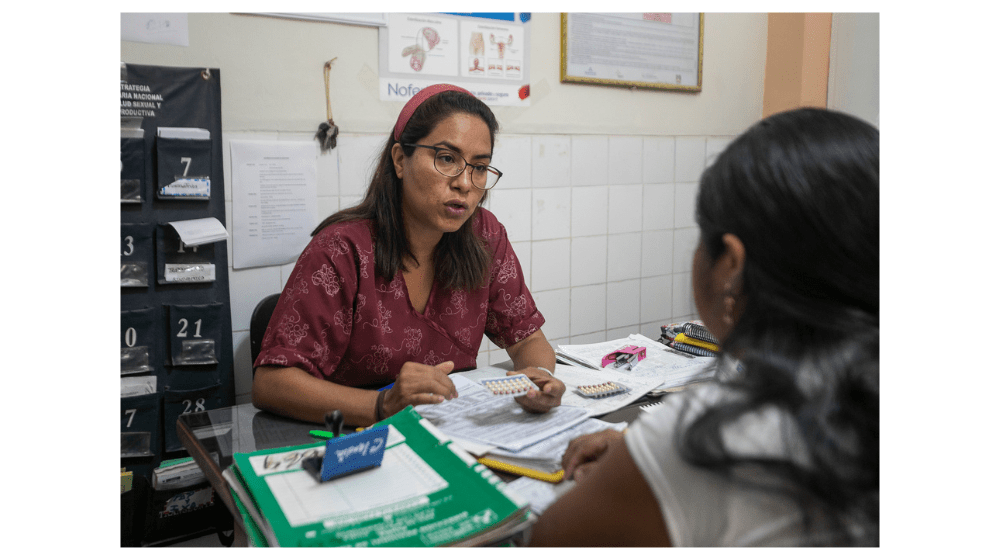Access to safe and voluntary family planning is a fundamental human right for gender equality and women's empowerment. Moreover, it is a key factor in reducing poverty.
Every August 3rd, International Family Planning Day is observed, an opportunity to highlight the importance of access to a variety of modern contraceptive methods. These methods allow for the prevention of unintended pregnancies and enable women to have control over their sexuality, freely deciding when and how many children to have, as well as the spacing between pregnancies. In this way, the exercise and fulfillment of sexual and reproductive rights are ensured, affirming the right of all women to information and access to safe, effective, and affordable contraceptive methods.
Being able to decide when and how many children to have allows individuals, especially women, to reach their full potential by fulfilling their professional and personal aspirations. This ability to plan supports the realization of life projects that go beyond traditional reproductive roles and unequal social assignments, which limit women's rights to participation and productive capacity. Additionally, family planning can reduce the number of preventable maternal deaths by up to 60%.
In Peru, according to the 2023 ENDES, 77% of married or partnered women use some method to avoid unintended pregnancies. However, only 58.6% use modern contraceptive methods. The proportion of users of these modern methods was higher in urban areas than in rural areas (60.3% versus 52.9%), and the percentage of women without education who use any modern method barely reaches 44.1%, while among women who self-identify as Indigenous, it is 51.7%.
Despite many women wanting to use safe and effective family planning methods, they are unable to do so due to a lack of access to services and information or a lack of support from their partners or communities. For example, among married adolescents aged 15 to 19, 39.7% have an unmet need because they do not use any method (28.3%) or use an ineffective traditional method (11.4%). This threatens their ability to create a better future for themselves, their families, and their communities.
On the other hand, in 2022, the average number of children per woman was 1.9, although they would have preferred to have 1.4. Among women in the richest quintile, the number of children was 1.3, and they would have preferred to have 1.1, while in the poorest quintile, they had an average of 3 children and would have preferred to have 2. By place of residence, it is 1.7 in urban areas, while in rural areas, it is 2.8.
According to the ENDES, around 54% of women who had a pregnancy or childbirth in the five years prior to the survey did not want it at the time of conception, and 75% of adolescents who became mothers would have preferred to postpone motherhood. That is, 1 in 2 women and 3 out of 4 adolescents would have preferred to postpone their pregnancy. These data demonstrate the significant challenge that Peruvian women still face in exercising their right to decide how many children to have and when, a right agreed upon 30 years ago at the International Conference on Population and Development in Cairo and reaffirmed by the Regional Conference on Population and Development for Latin America and the Caribbean, known as the Montevideo Consensus, in 2013.
Family planning is a human right; therefore, it must be accessible to everyone who wishes to exercise it. However, the reality is that exercising this right is particularly limited for those living in vulnerable situations. Obstacles such as the quality and availability of supplies and services, combined with discriminatory gender norms, socioeconomic constraints, and geographic access, are part of a persistent problem that affects women's bodily autonomy and urgently needs to be overcome.


